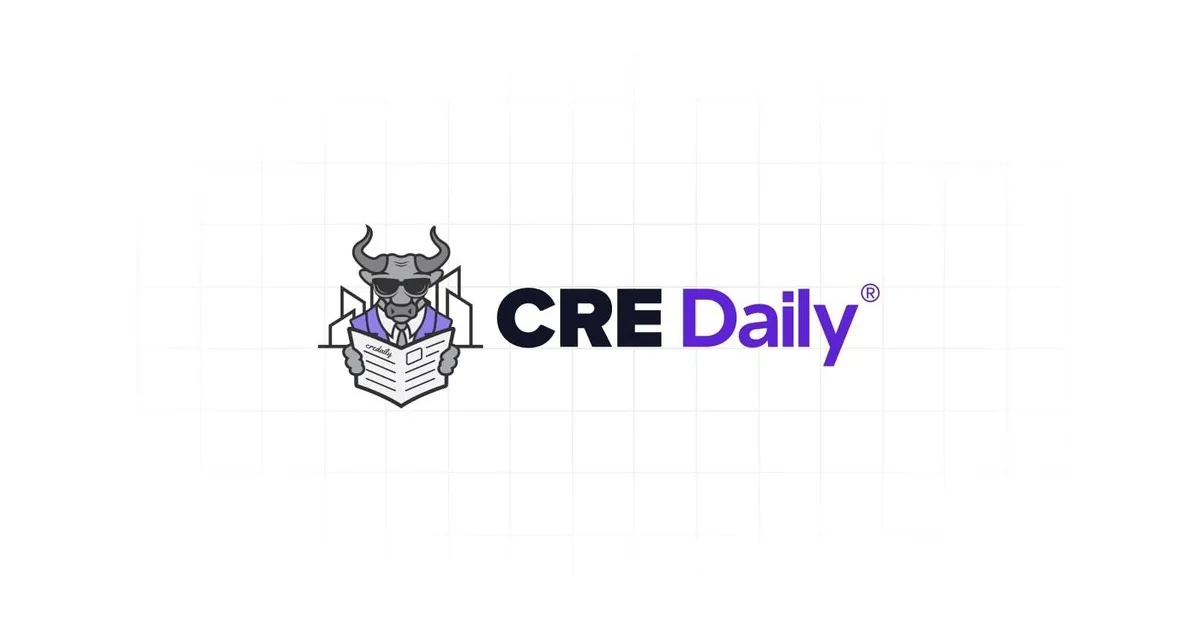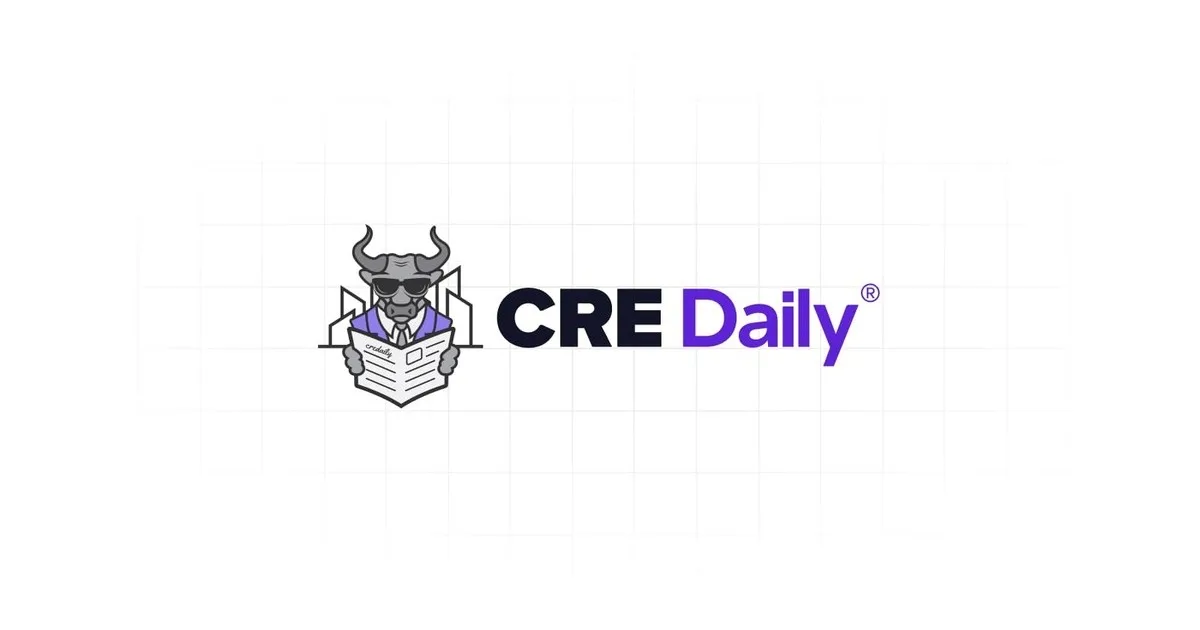- Consumer confidence declined in September, with the Consumer Confidence Index falling to its lowest level since April, signaling rising economic concerns.
- Expectations for inflation and labor conditions worsened, with more households anticipating higher prices and fewer job opportunities.
- Economic sentiment is diverging—Wall Street remains upbeat, but surveys show consumers are bracing for tougher times ahead, potentially weakening household spending.
Economic Confidence Erodes
Despite steady optimism in the markets, consumers are becoming increasingly uneasy about the economic outlook, reports GlobeSt. The latest data from The Conference Board and the New York Fed show that concerns over rising prices, stagnant income growth, and a weakening labor market are weighing on sentiment.
In September, the Consumer Confidence Index dropped to 94.2, down from 97.8 in August—its lowest point since April. More notably, the Present Situation Index, which gauges views on current economic conditions, fell sharply to 125.4, its steepest monthly decline in a year.
A Recession Warning Sign?
The Expectations Index, which reflects the consumer outlook for the next six months, dipped further to 73.4. This level has historically signaled a recession risk when it remains below 80 for an extended period.
Stephanie Guichard, a senior economist at The Conference Board, noted that consumer assessments of both business and labor conditions have steadily worsened. September marked the ninth consecutive month of declining perceptions around job availability.
Get Smarter about what matters in CRE
Stay ahead of trends in commercial real estate with CRE Daily – the free newsletter delivering everything you need to start your day in just 5-minutes
Fed Survey Echoes Concerns
Echoing The Conference Board’s findings, the New York Fed’s latest survey painted a similar picture. Consumers expect inflation to remain elevated, with one-year inflation expectations rising to 3.2%, while confidence in the labor market dropped.
The perceived likelihood of finding a new job after job loss fell to 44.9%, the lowest in the survey’s history. At the same time, consumers expect household spending to grow by 5%, outpacing projected income growth of 2.9%—a trend that could strain household finances further.
Why It Matters
Consumer expectations directly influence spending behavior, wage negotiations, and pricing strategies across industries. As households brace for rising prices and reduced job security, they are likely to cut back on discretionary spending. This shift in behavior could put additional pressure on the broader economy.
Consumer spending makes up nearly 70% of US GDP. As a result, shifts in sentiment aren’t just psychological—they carry real economic consequences.
Looking Ahead
While markets remain buoyed by hopes of a soft landing, the persistent gap between Wall Street optimism and Main Street pessimism raises red flags.If consumer sentiment continues to deteriorate, it could undercut economic growth. Recession concerns may resurface just as businesses and policymakers plan for 2026.

















